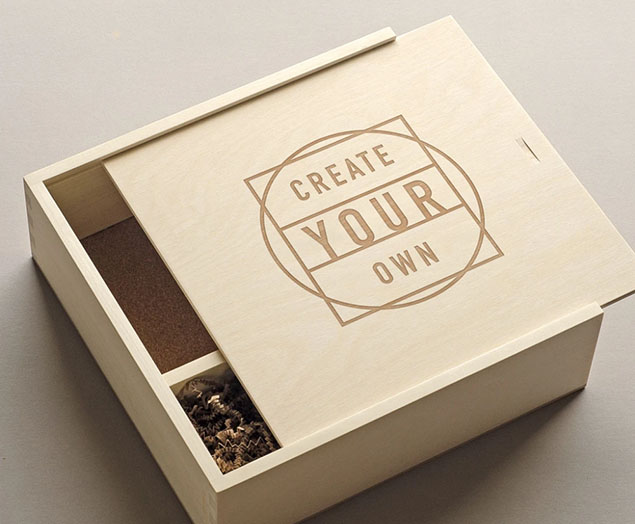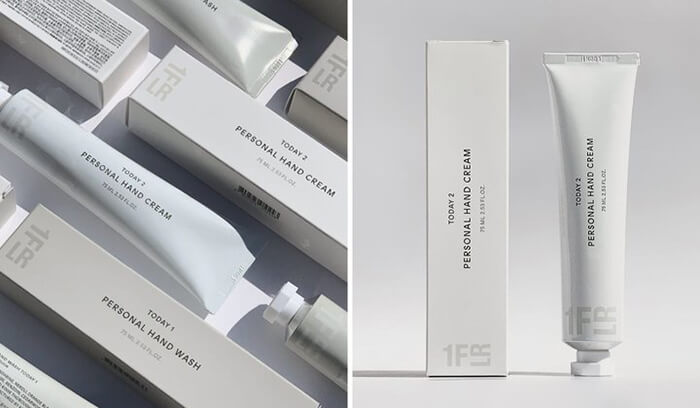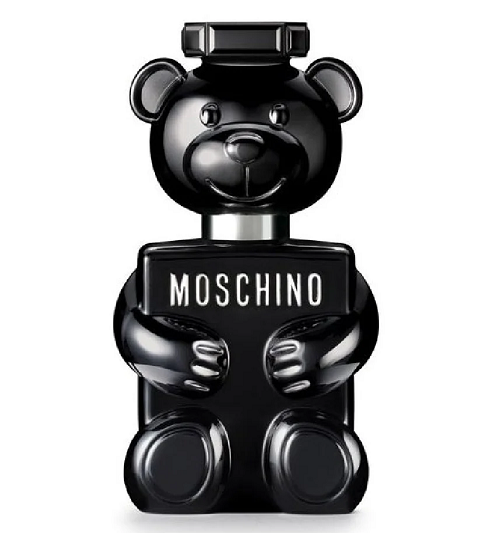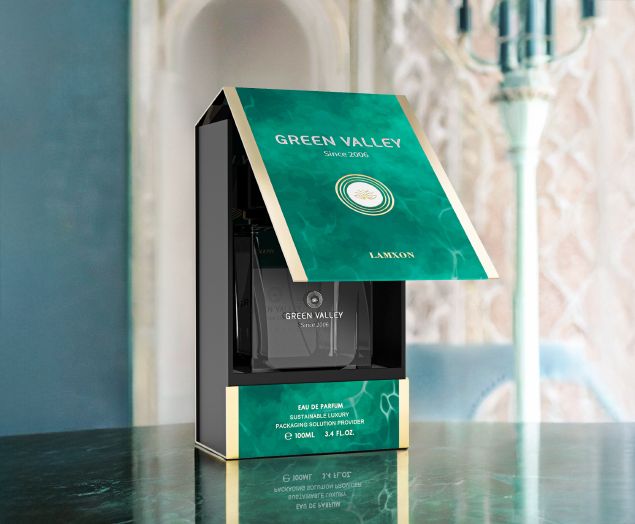Google Pixel 8 with Plastic Free Packaging Setting a New Standard for Sustainable Packaging
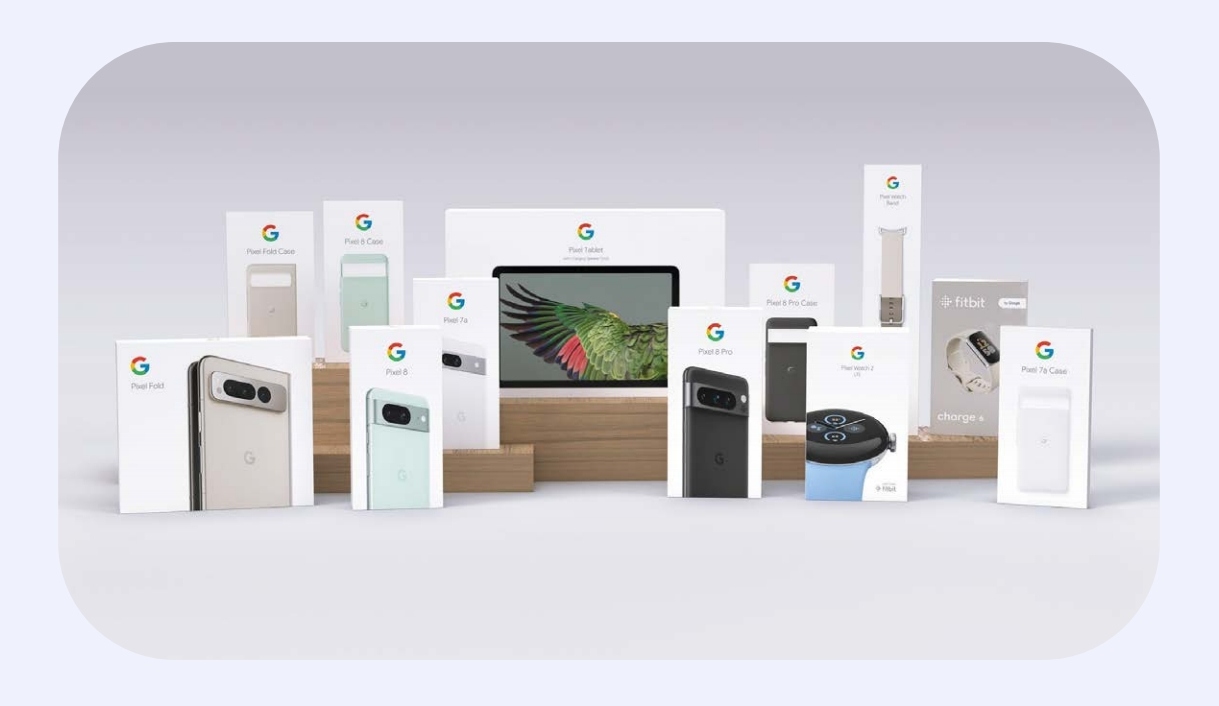
Google Plastic-Free Packaging Design Guide
In 2023, Apple announced that the plastic content in its product packaging had been reduced to 3%, and Microsoft reduced its packaging plastic content to less than 4%. Google took a step further with the Pixel 8, achieving plastic free packaging and deciding to open-source its development process, showcasing a commitment to driving global environmental efforts.
Innovative Use of Environmentally Friendly Materials
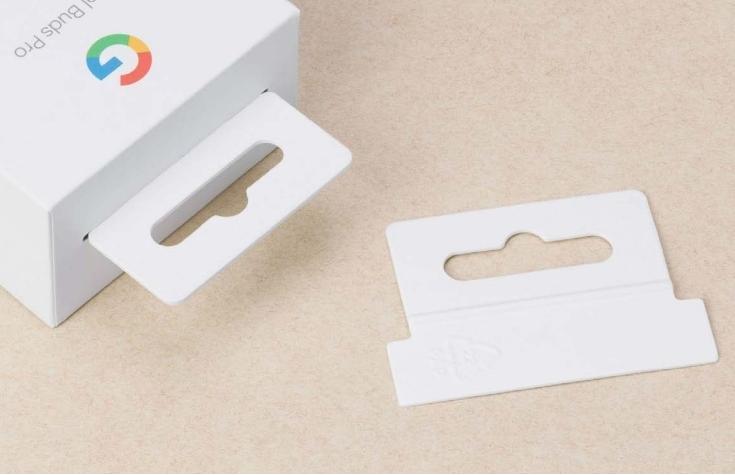
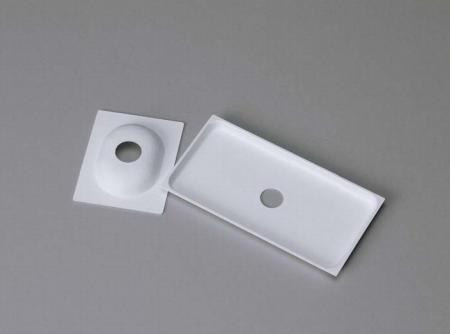
To achieve zero plastic, Google selected various eco-friendly materials that ensure durability and stability during transportation, storage, and display. The materials used in the Pixel 8 packaging include:
Pulp Molding: Used as cushioning inner tray material, pulp molding is made from recycled pulp or plant fibers. It is fully biodegradable, shock-resistant, and easy to recycle, making it an ideal alternative to traditional foam.
Bamboo Fiber and Sugarcane Bagasse Fiber: These natural plant fibers come from renewable resources and are highly biodegradable. Bamboo fiber is soft yet strong, making it suitable for lightweight and durable packaging components, while sugarcane bagasse fiber provides strength and flexibility, enhancing structural stability.
Recycled Paper and Cardboard: Google uses recycled paper in its outer packaging and structural support components. Compared to plastic materials, recycled paper has a lower carbon footprint and helps in the conservation of forest resources.
Research and Application of Eco-Friendly Coatings
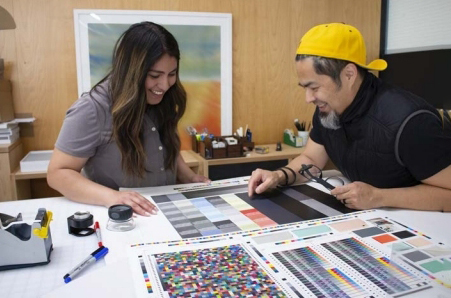
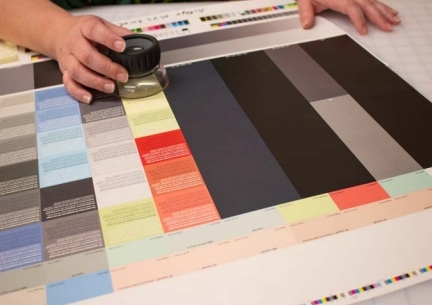
One major challenge in achieving zero plastic was finding alternatives to plastic coatings. Google partnered with Megami to develop an eco-friendly coating, providing waterproof, dustproof, and wear-resistant protection. The coating is fully recyclable, avoiding the environmental impact of traditional plastic coatings.
UV Protection and Durability: This eco-friendly coating provides UV protection and durability similar to plastic film, preventing damage during transport and display, highlighting the potential of high-performance sustainable packaging.
Development of Renewable and Biodegradable Materials
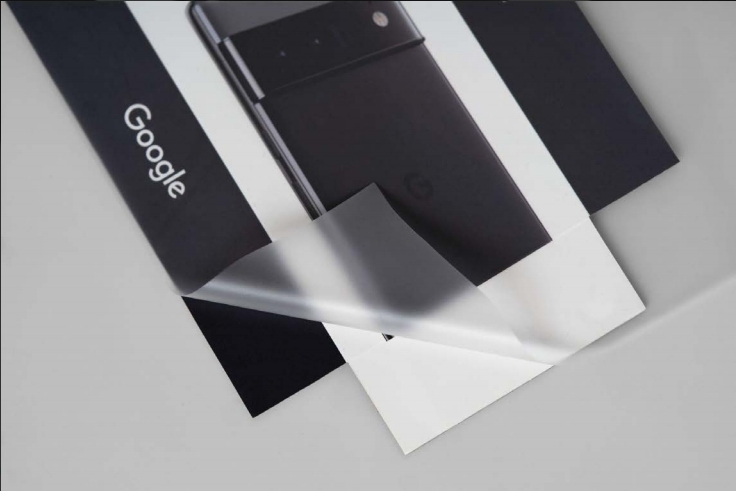
Google chose renewable, biodegradable materials for every detail of the Pixel 8 packaging, including paper tape, hooks, and internal cushioning. Key innovations include:
Natural glue bonded with fibers: Used in seams and seals, natural plant-based glue and fiber materials avoid plastic adhesives, ensuring the packaging does not pollute soil or water during decomposition.
Biodegradable plant-based film: This plant-based film being developed by Google degrades naturally while offering waterproof and dust-proof functions, serving as an eco-friendly alternative to plastic film.
Design Optimization Challenges in Plastic Free Packaging
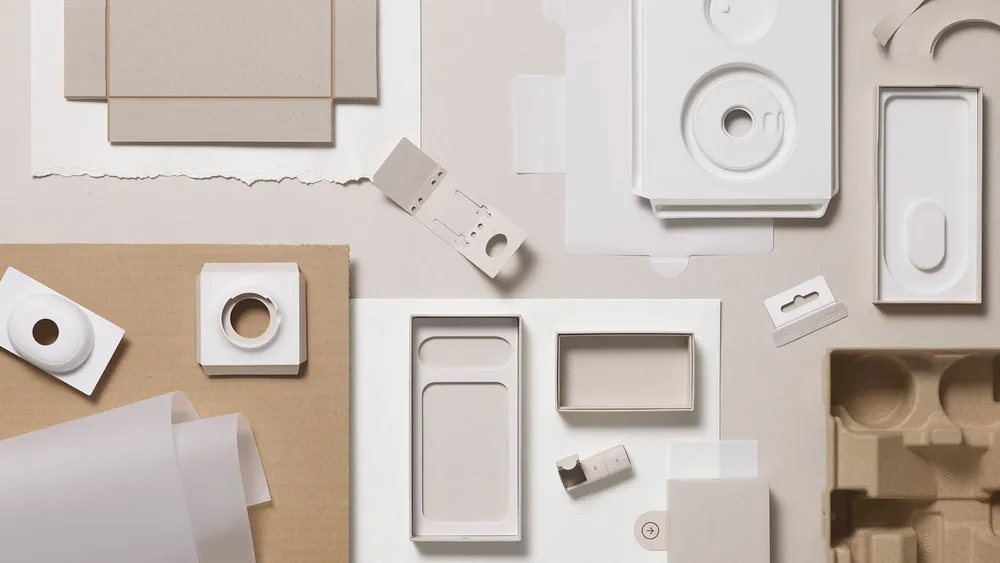
Achieving plastic free packaging involved more than material substitution; it required rethinking the entire design. Google optimized the Pixel 8’s packaging to enhance the performance of sustainable materials:
Structural reinforcement: Google reinforced the packaging by thickening box edges and using a nested structure, ensuring impact resistance without plastic support.
Modular design: Each component of the packaging can be independently disassembled for sorting and recycling, improving sustainability and making disposal easier for users.
Open-Source Sharing: Leading the Industry Towards a Greener Future
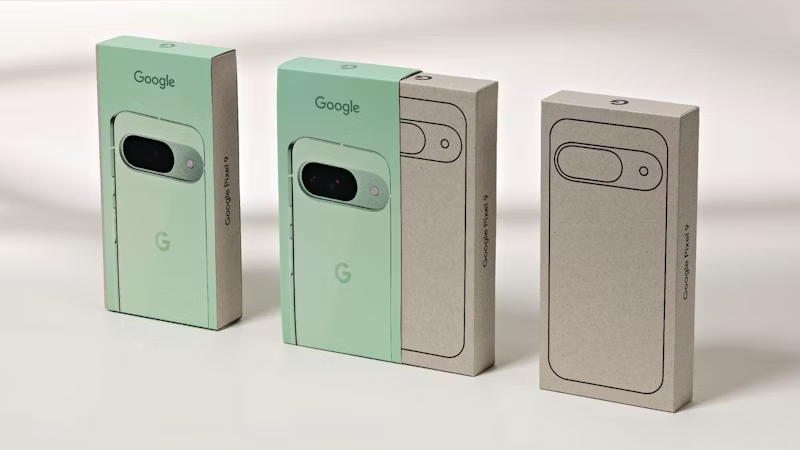
In 2024 Google launched a new plastic-free packaging
After achieving zero plastic packaging for the Pixel 8, Google decided to open-source its research and design experience. This open-source initiative includes:
Challenges and Solutions in R&D: Google has detailed technical challenges encountered in material selection and plastic replacement, providing other brands with valuable insights.
Testing Processes and Partnerships: By sharing its testing process and supplier information, Google aims to accelerate sustainable packaging R&D across the industry. This transparent sharing offers technical and resource support to help more companies join the sustainable packaging movement.
Conclusion
Google Pixel 8’s plastic-free packaging demonstrates that eco-friendly packaging meets functional needs and is feasible for broad adoption, creating significant environmental impact. KALI is committed to offering luxury paper box and sustainable packaging solutions, drawing on 17 years of manufacturing experience in perfume, cosmetics, jewelry, electronics, food, and festival gift box packaging. We are glad to work with you to create luxury and sustainable packaging.
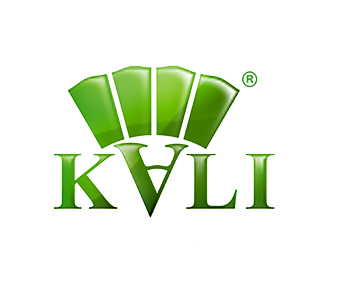
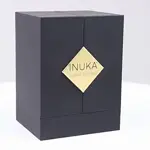
Top 10 Creative Cosmetic Packaging Design Ideas & illustrations 2023 | Luxury-Paper-Box.Com
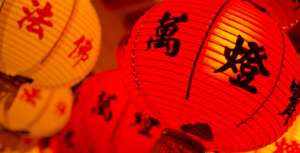
10 Customs Of The Spring Festival (Lunar New Year) You Need To Know
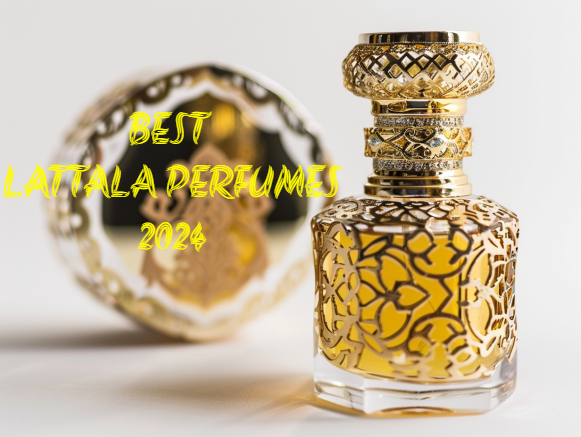
Top 10 Best Lattafa Perfumes for Women & Men in 2024
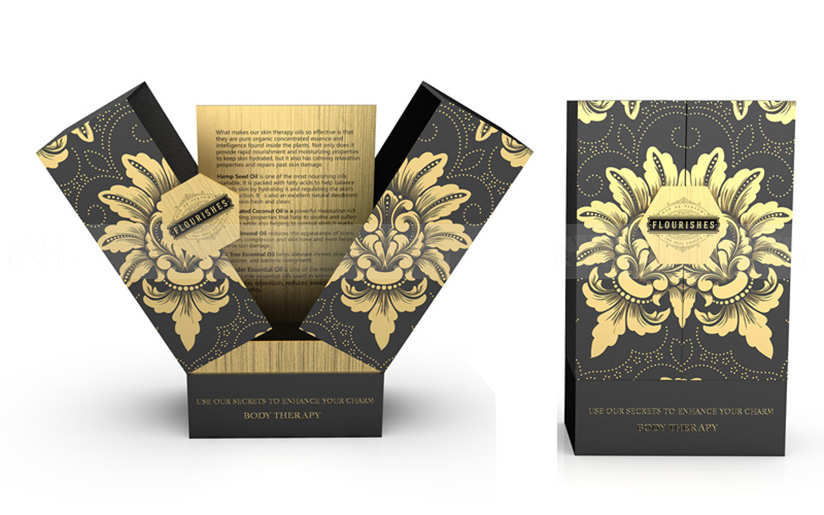
Top 10 Best Packaging Design Software 2023 (Free & Paid)
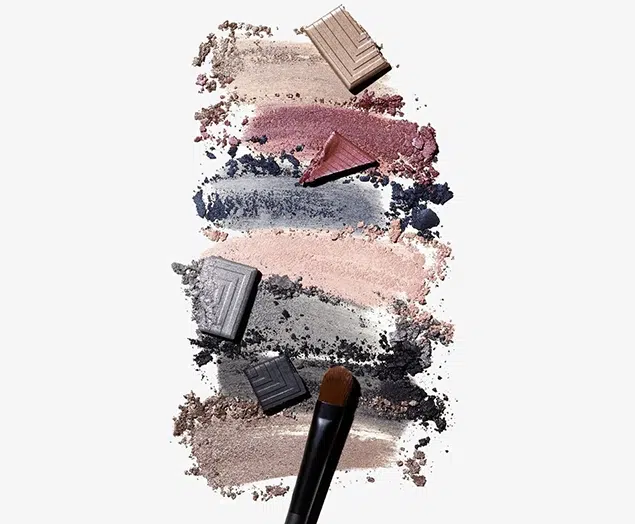
Choose Your Best Eyeshadow Palette
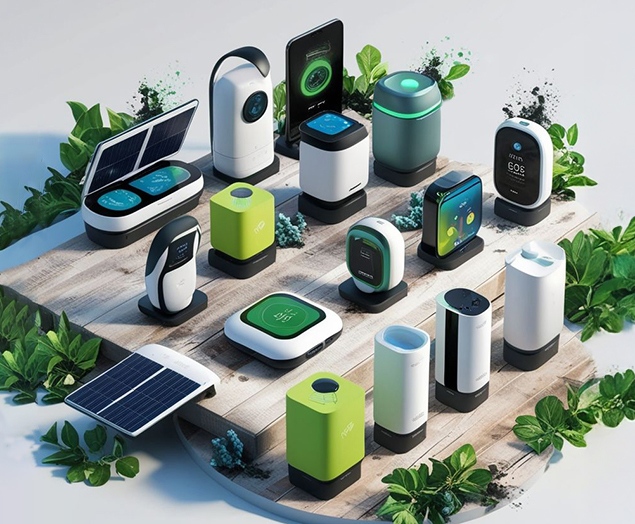
Why Sustainable Packaging Matters for Luxury Electronics
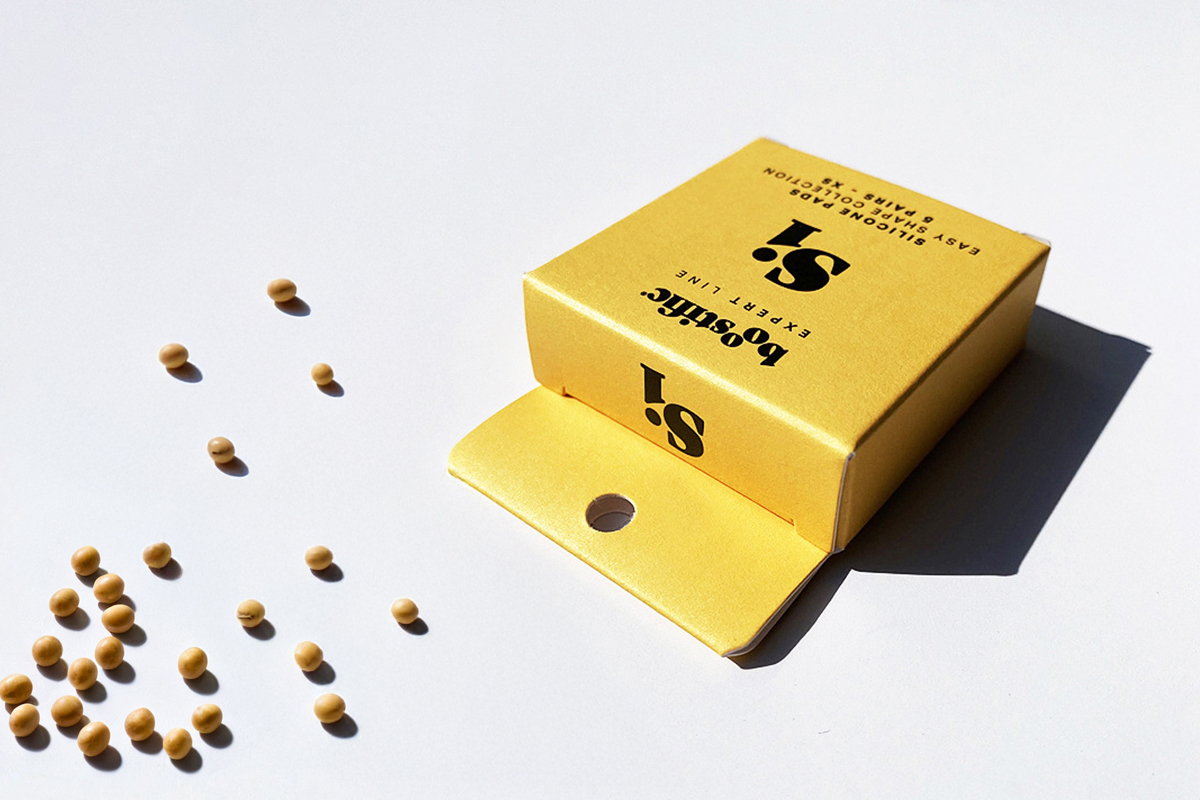
Why Choose Soy Ink As The Printing Material For Packaging Boxes?
